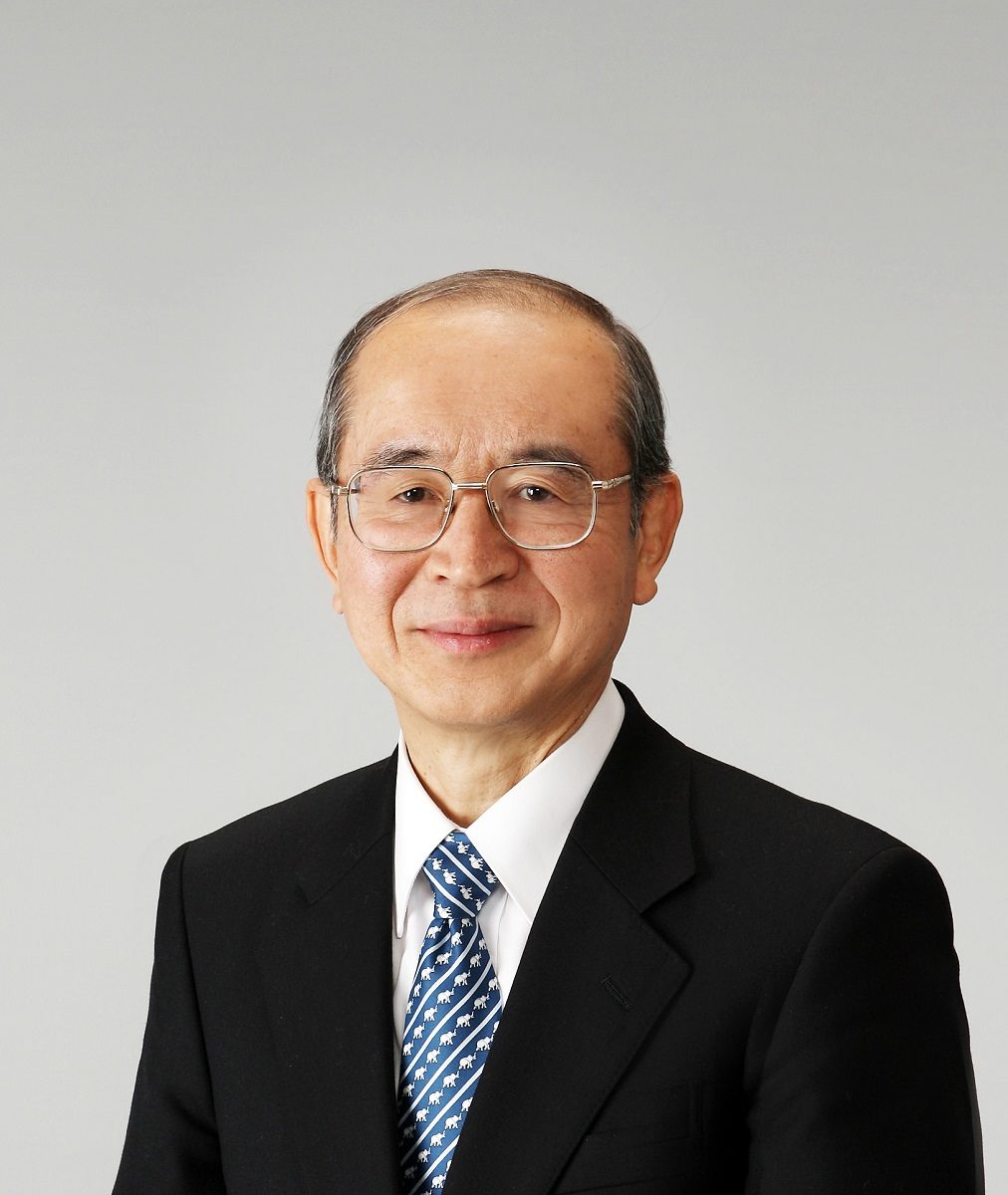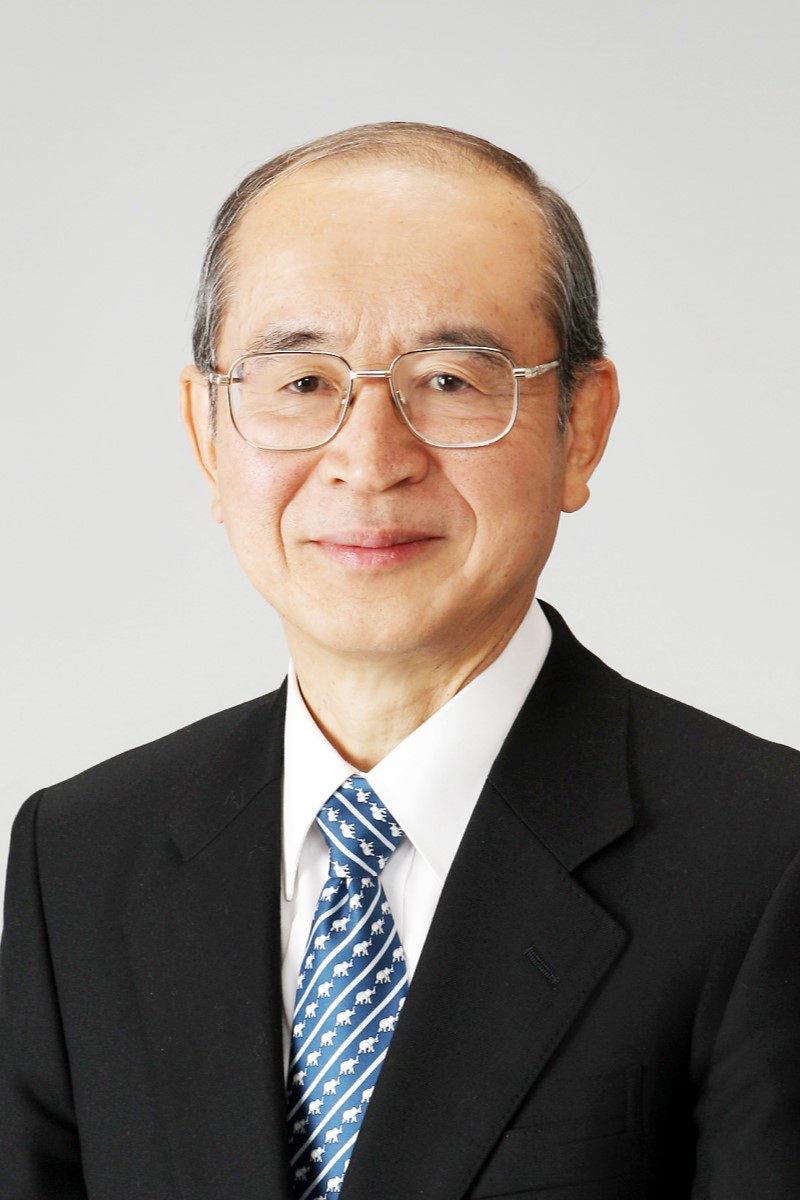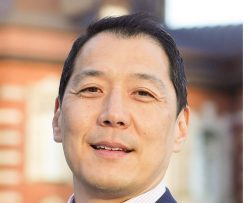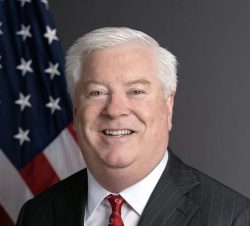Orphan Girl’s Words Moved Emperor Showa to Tears; Encounter Happened on Postwar Tour Of Nation

Masami Takemoto
14:41 JST, October 12, 2024
On Aug. 14, 1945, Japan accepted the Potsdam Declaration, which demanded Japan’s surrender, by the decision of Emperor Showa, and the war ended. The Emperor played a historically significant role for the nation and the people through this decision.
Emperor Showa further contributed to uniting the people for the recovery of the country by conducting nationwide tours during the postwar period. The Emperor felt it was his duty to make visits throughout the country to comfort those devastated by the war and encourage the Japanese people.
At that time, the country was in turmoil, facing food shortages and mass unemployment in the aftermath of defeat. Some government officials were concerned about the Emperor’s safety during the tour. However, his resolve remained firm, and he embarked on his first tour on Feb. 19, 1946, with a visit to Kanagawa Prefecture.
Japan was still occupied at the time and remained so until 1952. The General Headquarters, the Supreme Commander for the Allied Powers (GHQ) was cooperative with the Emperor’s plan. The Emperor later expressed his gratitude for this cooperation in a meeting with the supreme commander, Gen. Douglas MacArthur.
By 1954, Emperor Showa had completed his tours of all the prefectures — except for the then U.S.-administered Okinawa. In total, the Emperor traveled about 33,000 kilometers over a total of 165 days, and visited 1,411 locations. Emperor Showa continued to hope to visit Okinawa until the end of his life, although this hope was never fulfilled.
The tours were sometimes very hard under severe conditions. Despite the heat of summer, Emperor Showa even ventured into a mining site, 450 meters underground, and encouraged the miners who were working at temperatures above 40 C. Before embarking on the nationwide tours, the Emperor had vowed to his aides that he would push through with the tours no matter what difficulties he might face and told them not to worry about his health.
Everywhere he went, the people welcomed Emperor Showa enthusiastically. Even in Hiroshima, which had been devastated by the atomic bomb, a vast square within sight of the Atomic Bomb Dome was filled with people. It is believed that the Emperor’s hopes were fulfilled through this tour, and the people’s spirits were united toward reconstruction.
On May 22, 1949, Emperor Showa visited the Senshinryo orphanage at Intsuji Temple in Kiyama, Saga Prefecture, which took in repatriated orphans.
The details of the visit have been described by Kanga Shirabe, the then head of Senshinryo, in his book “Tenno-sama Ga Naite Gozatta” (The Emperor was shedding tears) published in 1997 by Kyoikusha.
Shirabe recounts that Emperor Showa approached a girl who was holding memorial tablets and asked, “Your father? Your mother?” The girl replied, “Yes. These are the memorial tablets of my father and mother.” He asked, “Do you feel lonely?” She replied: “No, I am not lonely. I am a child of the Buddha. Children of the Buddha can surely meet their deceased fathers and mothers again in the Pure Land.” He said, “Please grow up strong and well.” A few tears fell from behind his glasses and dropped onto the tatami mats. At that moment the girl softly called out “father.” The Emperor nodded deeply.
Upon returning to the Imperial Palace, Emperor Showa composed a waka poem about the visit:
Mihotoke No Oshie Mamori Te Sukusukuto Oi Sodatsu Beki Kora Ni Sachi Are
The poem can be translated into English as follows: “I pray that the children who grow up healthy and strong, following the teachings of the Buddha, will be happy.”
This poem is engraved on the temple bell at Intsuji Temple. I wonder how this child of Buddha lived her life afterward. I inquired at Senshinryo, but they said they had no relevant information.
If still alive, she would now be in her 80s. I cannot help but believe she grew up well and led a happy life. I want many people to know about Emperor Showa’s compassion for the less fortunate.

Masami Takemoto
Masami Takemoto is a former Japanese ambassador to Honduras (2001-04) and Uruguay (2007-10).
He was also chamberlain to the crown prince (1986-88) and vice-grand master of the ceremonies (2004-07) at the Imperial Household Agency.
Top Articles in Editorial & Columns
-

Riku-Ryu Pair Wins Gold Medal: Their Strong Bond Leads to Major Comeback Victory
-

40 Million Foreign Visitors to Japan: Urgent Measures Should Be Implemented to Tackle Overtourism
-

China Provoked Takaichi into Risky Move of Dissolving House of Representatives, But It’s a Gamble She Just Might Win
-

University of Tokyo Professor Arrested: Serious Lack of Ethical Sense, Failure of Institutional Governance
-

Policy Measures on Foreign Nationals: How Should Stricter Regulations and Coexistence Be Balanced?
JN ACCESS RANKING
-

Japan PM Takaichi’s Cabinet Resigns en Masse
-

Japan Institute to Use Domestic Commercial Optical Lattice Clock to Set Japan Standard Time
-

Israeli Ambassador to Japan Speaks about Japan’s Role in the Reconstruction of Gaza
-

Man Infected with Measles Reportedly Dined at Restaurant in Tokyo Station
-

Videos Plagiarized, Reposted with False Subtitles Claiming ‘Ryukyu Belongs to China’; Anti-China False Information Also Posted in Japan























